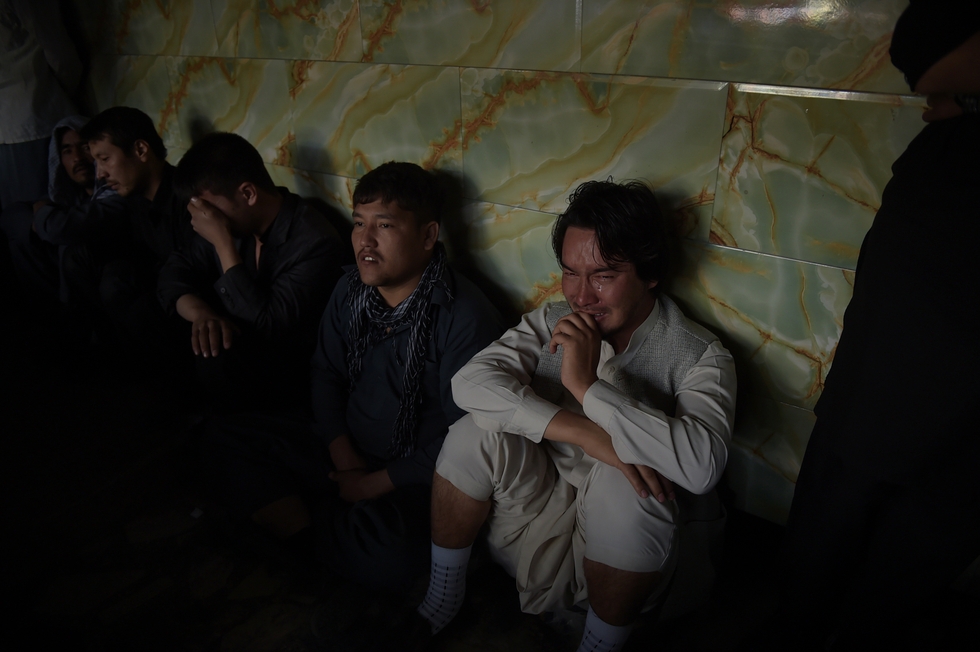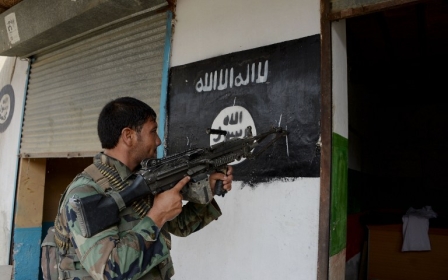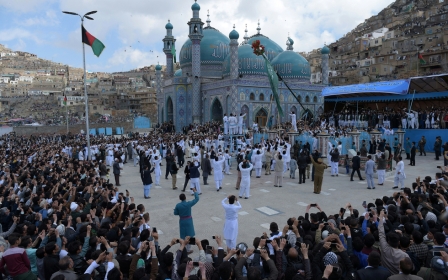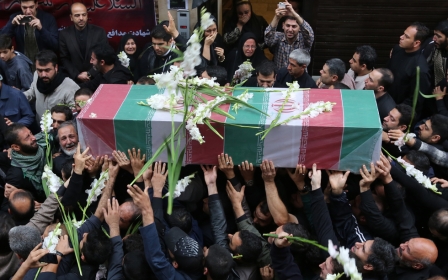Gunmen kill 14 Shia pilgrims marking Ashura in Kabul

Gunmen targeted Shia pilgrims in Kabul on Tuesday, killing at least 14 people as they gathered to mark Ashura, one of the most important commemorations on the Muslim sect’s calendar, officials said.
The attack in the Afghan capital is only the latest development in the country's unravelling security situation as the resurgent Taliban continued to pressure Afghan forces, with hundreds of commandos sent to reinforce the provincial capital Lashkar Gah in the south.
Some 36 people were wounded and at least one attacker killed in the Kabul attack, interior ministry spokesman Sediq Sediqqi said.
Special forces had briefly entered the Karte Sakhi shrine near Kabul University to see if any more gunmen were sheltering inside, with police evacuating people from the area, officials said.
Of the 14 killed, 13 were civilians and one was a police officer. Three police were among the wounded, Seddiqi said.
"A number of attackers have targeted people in Karte Sakhi shrine," said Kabul Police chief Abdul Rahman Rahimi.
"Police have evacuated dozens of people from the shrine."
Police also said two grenades had been detonated during the attack.
No group has yet claimed responsibility for the assault, which President Ashraf Ghani condemned as a "clear sign of a crime against humanity".
Ghani vowed the government would use its "maximum capacity" to provide security during Ashura, which will conclude on Wednesday.
Ashura commemorates the death of Imam Hussein, grandson of the Prophet Muhammad, who was killed in battle with the forces of Yazeed, a Damascus-based Umayyad caliph, in 680. Hussein’s death laid the foundation for the Shia faith. It is remembered by Shia during the first 10 days of the Islamic lunar calendar.
For Shia around the world, Ashura is a symbol of the struggle against oppression.
The last attack on the Afghan Shia minority, on 23 July in Kabul, killed 84 people and left 130 injured. It was claimed by the Islamic State group.
The threat of attack targeting Shia was considered particularly serious during Ashura, and many foreign embassies had restricted their staff's movements until the end of the week in Kabul.
Middle East Eye propose une couverture et une analyse indépendantes et incomparables du Moyen-Orient, de l’Afrique du Nord et d’autres régions du monde. Pour en savoir plus sur la reprise de ce contenu et les frais qui s’appliquent, veuillez remplir ce formulaire [en anglais]. Pour en savoir plus sur MEE, cliquez ici [en anglais].




